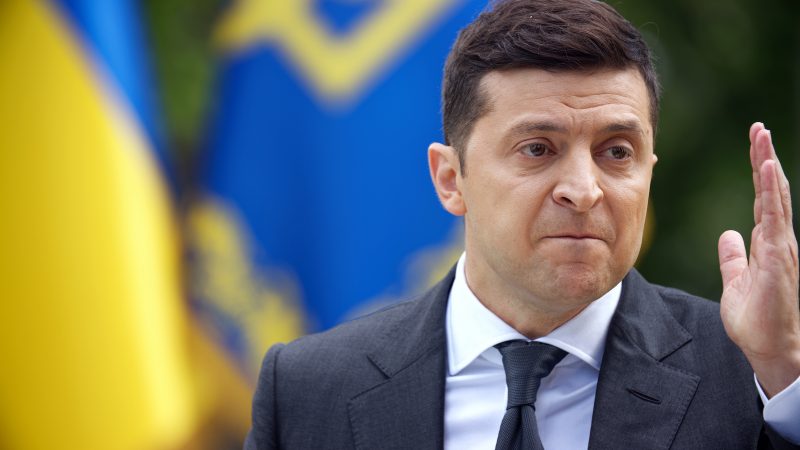
24th February 2022, marking the start of the largest war of aggression in Europe since 1945, will be a date never forgotten by millions of Europeans.
Instant communication has changed war reporting. In the United Kingdom, we woke up here to seemingly unending images of destruction in real time. Open-source intelligence analysts in the mould of Bellingcat exposed flaws in Russian state propaganda.
I was working with colleagues in Ukraine until the day of the invasion. Now everyone from programmers and data scientists to office workers and cleaners has abandoned their computer monitors for Kalashnikovs and Molotov cocktails. Those of us with close friends and family are even more fearful for their safety. Given the reported use of deadly cluster munitions, banned by 110 countries but not by Russia, and the escalating use of heavy artillery fire, this fear will only grow over the coming weeks and months.
The following quote is often, apocryphally, attributed to Vladimir Lenin: “Probe with bayonets. If you find mush, you push; if you find steel, you withdraw.” With sanctions increased and nothing to lose, Vladimir Putin may press further on with an attack on the Baltic states, which is minimally defended compared to the overwhelming Russian forces currently in Ukraine and Belarus. Estonia and Latvia have already triggered NATO’s Article 4, which is used when “the territorial integrity, political independence or security of any of the Parties is threatened”. There is a small chance that a spillover conflict in the Baltic states, accidental or not, will lead to British obligation to enter armed conflict to defend them.
I felt despair at the news of the Russian invasion – it seemed as if the West’s efforts to find a diplomatic solution had gone to waste. But to stop further Russian aggression, no matter how remote peace felt, those diplomatic efforts combined with military assistance were vital. As the war continues, diplomatic efforts to find peace will remain vital.
The UK government should adopt the full sanctions package proposed by Keir Starmer immediately, building on Boris Johnson’s wet “peashooter” first set of sanctions, which were much weaker and narrower than those of the EU or the US. The Conservative MP Tom Tugendhat told the BBC that one of the promises of Brexit was an independent sanctions regime. The irony that this independence should lead to such a limp response should not be lost on anyone, not least Johnson himself.
The Prime Minister was confronted today by a tearful Ukrainian journalist, who said the UK had not gone hard enough on sanctions. “Putin’s children are in the Netherlands. In Germany. In mansions… were all these mansions seized? I do not see that.” Reaching international agreements on the breadth and depth of sanctions will again test Johnson’s diplomatic skills to the limit.
UK councils and devolved parliamentary bodies must urgently review their financial and procurement links with Russian entities and individuals associated with Putin or the ongoing war. Cutting all ties with the Russian state will hamper Putin’s ability to prosecute this war. And sanctions may sound simple, but they require all of us to rally around despite the disruption that they will cause to our own economy. Public support for what we are trying to achieve is critical if we are asking everyone to accept higher bills and taxes.
Finally, the UK has a duty to Ukrainians suffering from this devastating war. Working with our European allies, we must support safe passage for refugees to the UK, and the shameful blocks to visa acquisition must be lifted immediately. The government has had months to ready itself for this crisis but has been caught unprepared yet again. As Labour Party members and individuals, we should support international charities operating in Ukraine, such as the International Red Cross and Médecins Sans Frontières. In these dark times, let us remember what our fellow Europeans have chosen to fight and die for.




More from LabourList
Majority of Labour members oppose government’s anti-migration measures
‘First past the post is corroding trust in politics. The government must make all elections fit for the future’
‘Hope starts young: Why Labour must tell the story of a better tomorrow’